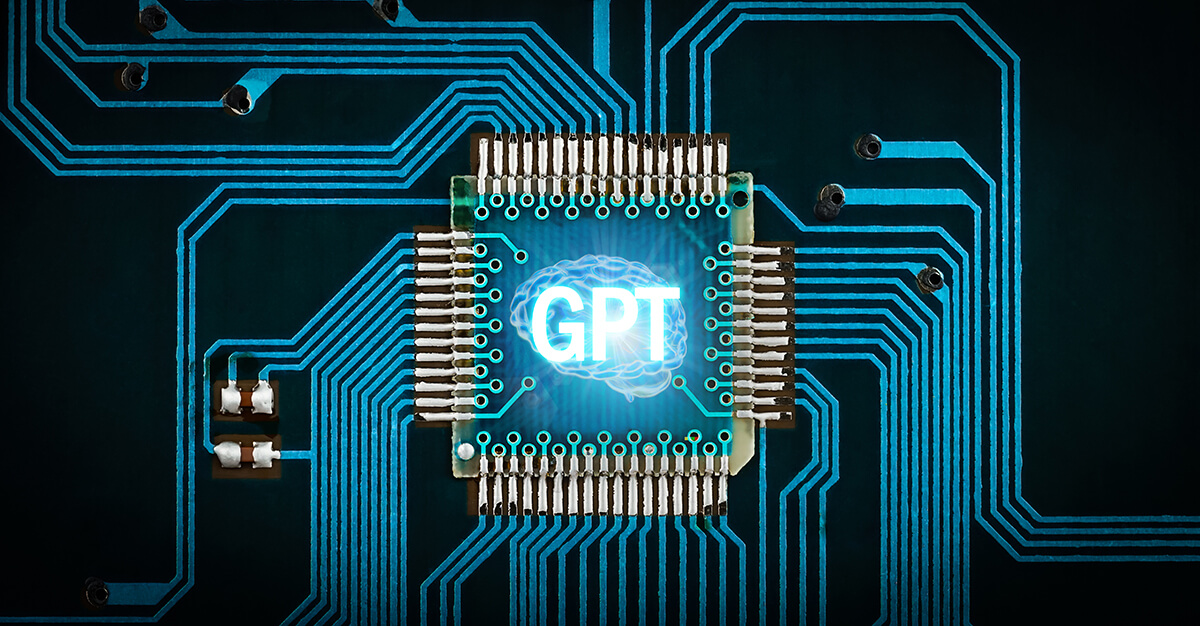The Impact of OpenAI’s GPT-3 on Students: To Block or Not to Block?

OpenAI’s GPT-3, commonly known as ChatGPT, is a powerful language model that has garnered a lot of attention since its release. As a language model, ChatGPT has the ability to generate human-like text based on the input it receives. This has significant implications for students and the way they learn, especially in the era of technology and online education.
On one hand, ChatGPT has the potential to greatly enhance students’ learning experiences. For instance, it can provide quick and concise answers to their questions, help with writing assignments, and even engage in virtual tutoring. This can be particularly helpful for students who are struggling to understand certain concepts or who need extra support.
On the other hand, there is a valid concern that ChatGPT could be used as a tool for cheating. For example, students could use it to generate answers to homework assignments or exams, which would compromise the validity of their academic work. Additionally, it could discourage students from putting in the effort required to truly understand the material, as they may rely on ChatGPT to do the work for them.
Given these pros and cons, the question of whether schools should block ChatGPT becomes a complex one. On one hand, blocking it would help to prevent cheating and ensure the validity of students’ academic work. On the other hand, doing so would limit students’ access to a potentially valuable tool for learning.
Ultimately, the decision to block or allow ChatGPT in schools will likely come down to each individual institution’s policies and priorities. Some schools may choose to block it to ensure the integrity of students’ academic work, while others may choose to allow it as a tool for enhancing learning.
In conclusion, ChatGPT has the potential to greatly impact students’ learning experiences. Whether or not schools should block it is a complex issue that will depend on individual institutions’ priorities and policies. Ultimately, the most important factor is to ensure that students are using technology in a responsible and ethical manner, to maximize its benefits and minimize its potential drawbacks.
Click Here for More Jobs https://www.aptask.com/job-seekers/